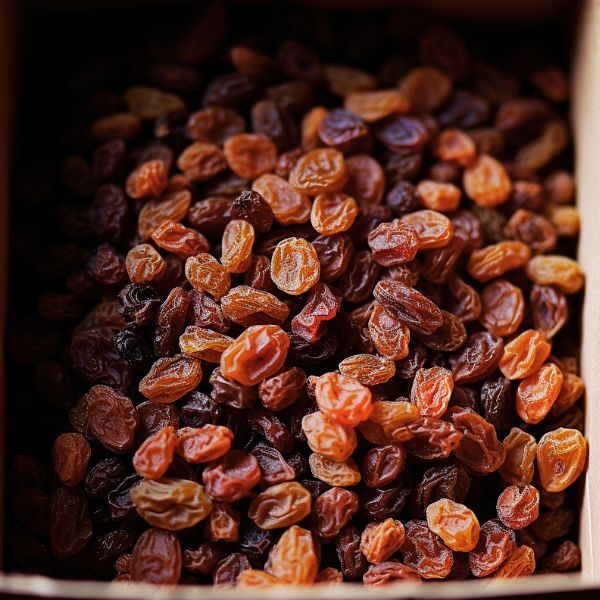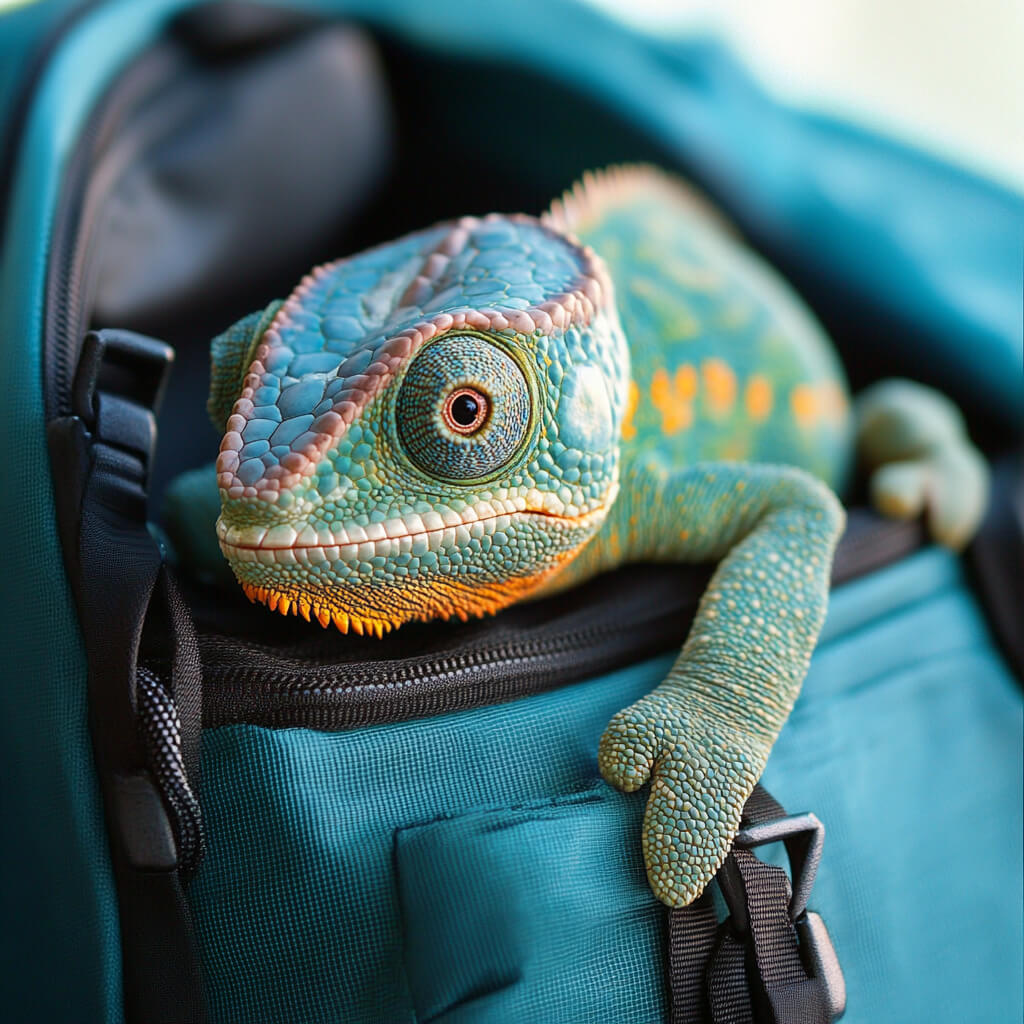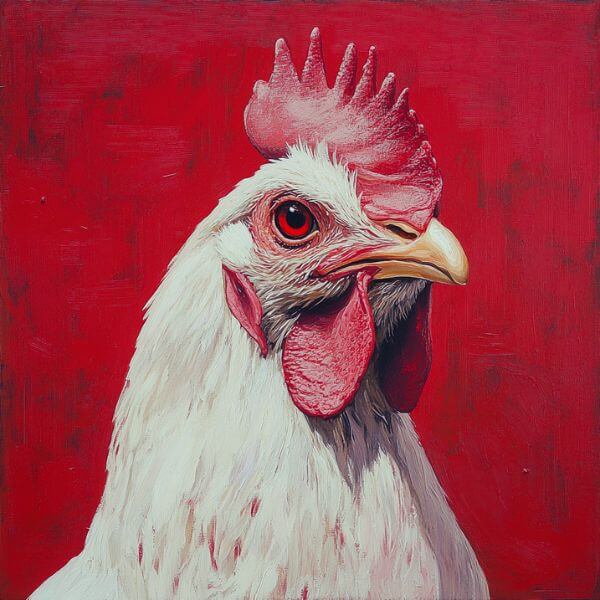No, not really. Chameleons can technically eat raisins, but it’s not a good idea. Here’s why:
- Raisins are super sweet (yummy for us, not so much for chameleons)
- They don’t have much nutritional value for our scaly friends
- Raisins can cause some tummy troubles for chameleons
Think of it like this: Raisins for chameleons are like candy for kids.
A tiny bit might not hurt, but it’s definitely not a healthy snack.
Risks of feeding raisins to chameleons
Let’s break down why raisins aren’t the best snack for your chameleon buddy:
| Risk | Explanation |
| Sugar overload | Raisins are packed with sugar, which can mess with your chameleon’s blood sugar levels |
| Tummy troubles | Too much sugar can upset your chameleon’s delicate digestive system |
| Dehydration | Raisins can actually make your chameleon thirsty and lead to dehydration |
| Nutrition imbalance | Filling up on raisins means less room for the good stuff chameleons really need |
Chameleon digestive system and fruit consumption
Now, let’s talk about how chameleons digest their food.
The chameleon digestion process is pretty cool! Their bodies are designed to handle insects, not sugary fruits.
When a chameleon eats, its food goes through a journey:
- Mouth: Chameleons don’t chew much, they just swallow their food whole!
- Stomach: The food gets broken down here
- Intestines: Nutrients are absorbed here
Fruits, including raisins, can be hard for chameleons to process.
It’s like trying to fuel a car with soda instead of gas – it just doesn’t work right!
Safe fruit options for chameleons
But don’t worry! If you want to give your chameleon a fruity treat, there are safer options. Here’s a list of chameleon-friendly fruits:
- Apples (no seeds)
- Berries (strawberries, blueberries)
- Melon (watermelon, cantaloupe)
- Papaya
Remember, fruits should only be a tiny part of your chameleon’s diet – like a special dessert.
Cut them into teeny-tiny pieces, and only offer a little bit once in a while.
Maintaining a balanced diet for chameleons
A balanced chameleon diet is super important. Here’s what it should look like:

Don’t forget about vitamins! Chameleons need calcium and vitamin D3 supplements to stay healthy.
It’s like giving them a daily multivitamin!
Chameleon feeding guidelines
Feeding your chameleon doesn’t have to be complicated. Here’s a simple guide:
- Feed adult chameleons every other day
- Younger chameleons need food every day
- Offer food in the morning
- Remove any uneaten food after a few hours
And always keep fresh water available for your scaly friend to drink!
Species-specific dietary considerations
Did you know that different chameleon species might have slightly different tastes? It’s true! For example:
- Veiled chameleons love their veggies
- Panther chameleons are big-time bug eaters
- Jackson’s chameleons prefer smaller insects
It’s like how some people love broccoli and others can’t stand it. Everyone’s different!
Signs of poor nutrition in chameleons
Keep an eye out for these warning signs that your chameleon might not be eating right:
- Weak bones or shell
- Dull, flaky skin
- Lack of energy
- Not growing properly
If you notice any of these, it might be time for a chat with your vet. They’re like chameleon dietitians!
FAQs about chameleon diet and raisins
How often should I feed fruits to my chameleon?
- Fruits should be an occasional treat, maybe once or twice a month.
Can baby chameleons eat raisins?
- Nope! Baby chameleons need even more careful diets than adults.
What are the best alternatives to raisins for chameleons?
- Try small pieces of apple, berries, or melon instead.
How can I tell if my chameleon is dehydrated?
- Look for sunken eyes, wrinkled skin, or if they’re not peeing much.
Are there any fruits that are toxic to chameleons?
- Avoid avocados and citrus fruits – they can be harmful to chameleons.
Conclusion
Whew! We’ve learned a lot about chameleons and their diets, haven’t we? Let’s wrap it up:
- Raisins aren’t great for chameleons – too sweet and not nutritious enough
- Stick to a diet of mostly insects, with some leafy greens
- Fruits can be occasional treats, but choose safer options than raisins
- Every chameleon is unique, so pay attention to what works for your scaly friend
Remember, a healthy diet means a happy chameleon. And a happy chameleon means cool color changes and fun times for everyone!
So, next time you’re snacking on some raisins, maybe offer your chameleon a cricket instead.
They’ll thank you for it – in their own chameleon way, of course!







Leave a Reply